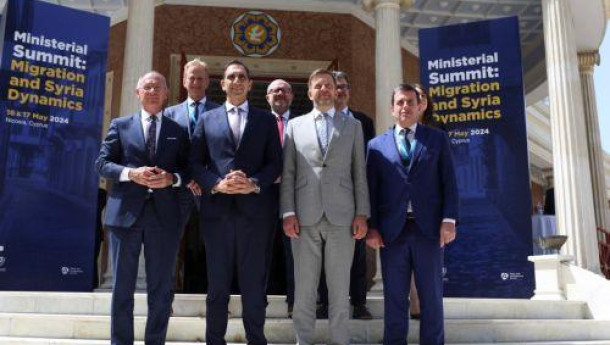
Eight EU Member States agreed to the need to re-evaluate the situation in Syria and its implications for migration policies, during a Ministerial Summit on the External Dimension of Migration, held in Nicosia, Cyprus, on May 16-17.
Austria, Czech Republic, Cyprus, Denmark, Greece, Italy, Malta, and Poland, in a joint statement, emphasized a collective commitment to addressing challenges arising from irregular migration and highlighted key elements aimed at enhancing the Union's external migration policy.
Reflecting on the evolution of Syria's landscape since the outbreak of conflict in 2011, delegates at the Summit emphasized the necessity of extending support to those in need, aligning with international legal obligations. While acknowledging the initial need of international protection to Syrian refugees fleeing abroad, they noted significant shifts in dynamics over the past thirteen years, with the situation within Syria experiencing notable transformation despite lingering political instability.
“In light of the above, participating Member States agree on the need to re-evaluate the situation, taking into account the dynamics in and around Syria, with the aim of exploring an adjusted approach that will include more effective ways of handling the issue, on the basis of the relevant Conclusions of the European Council of April, 17th, which reaffirmed the need to achieve conditions for safe, voluntary and dignified returns of Syrian refugees, as defined by UNHCR”, says the statement.
To this end, continues the statement, "the discussions during this Summit constitute a significant step forward in the ongoing assessment of the situation in Syria, and may lead to a wider debate in the handling of the cases and the decision practice concerning the provision of international protection to people arriving from Syria".
Additionally, the adoption of the Pact on Migration and Asylum was hailed as a crucial first step towards forging a unified EU response to the pressing issues of migration and asylum. However, delegates stressed that the effectiveness of these policies depends greatly on the decisions taken and the actions undertaken within the framework of the external dimension of migration.
“The reform of EU migration and asylum policy must therefore continue with a reinforced focus on the external dimension of migration”, says the statement.
The member states pointed out that irregular migration, human smuggling, instrumentalization of migrants and hybrid threats against the Union, including those induced by foreign governments, cannot be tolerated, as well as the need to safeguarding and preserving the principles of the EU, including respect to the core values of life, international law and international humanitarian law.
They also stressed that decisions as to who has the right to cross a Member State’s borders, should be taken by the Government of the relevant Member State and not by criminal networks engaged in migrant smuggling and trafficking in human beings.
They reaffirmed the need to step up the common efforts in relation to the external dimension of migration and identify realistic actions to be pursued, especially after recent regional geopolitical developments.
Acknowledging the burden faced by third-country partners, particularly those geographically positioned as gateways to irregular migration flows, delegates stressed the importance of providing support to bolster their capabilities in handling such challenges.
Highlighting the significance of cooperation with Lebanon, the Summit welcomed the latest announcement from the President of the European Commission following her visit to the country. They emphasized the need for continued and enhanced EU support to mitigate the risk of increased migration flows from Lebanon to the EU.
Lastly, participating Member States declared their commitment to continue working towards this direction in the immediate future, in full respect of international and EU law.


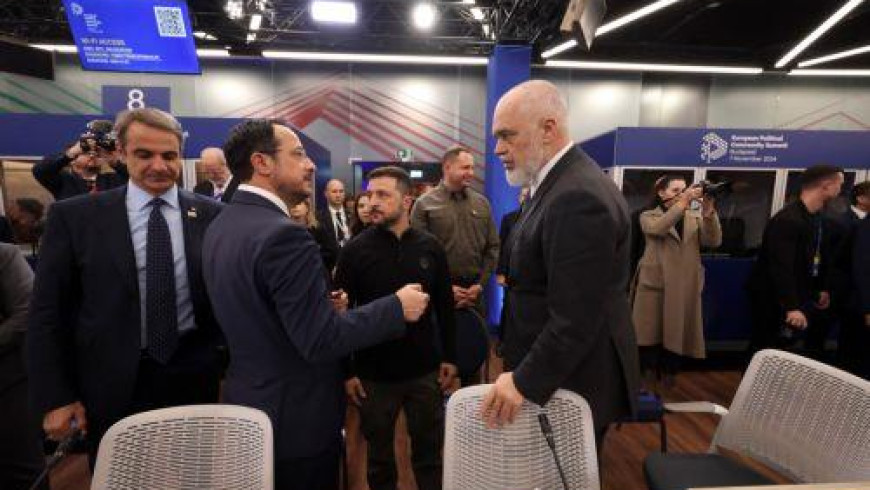


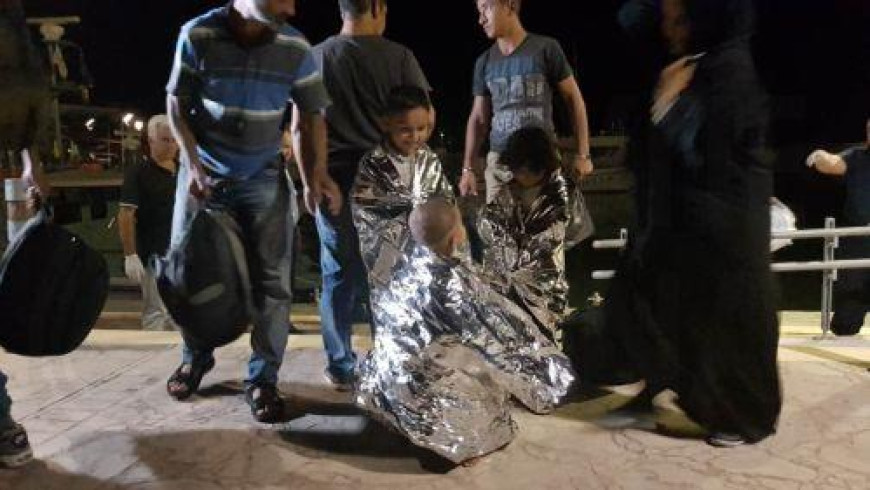
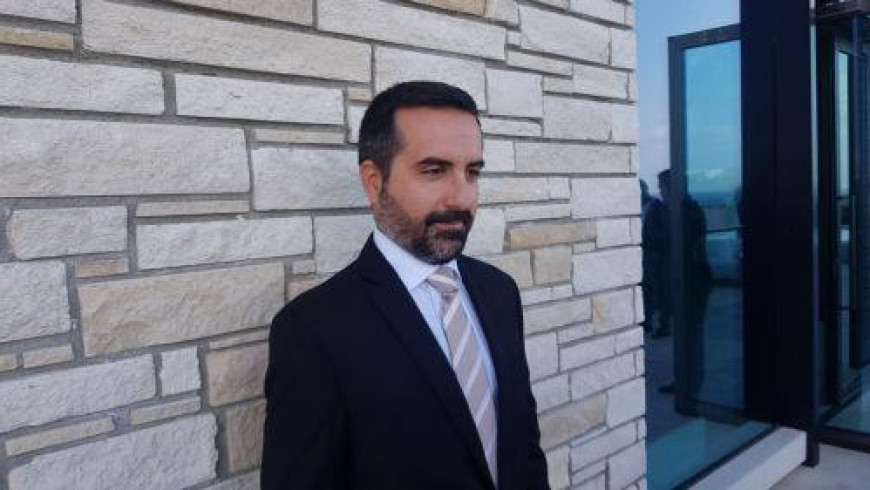

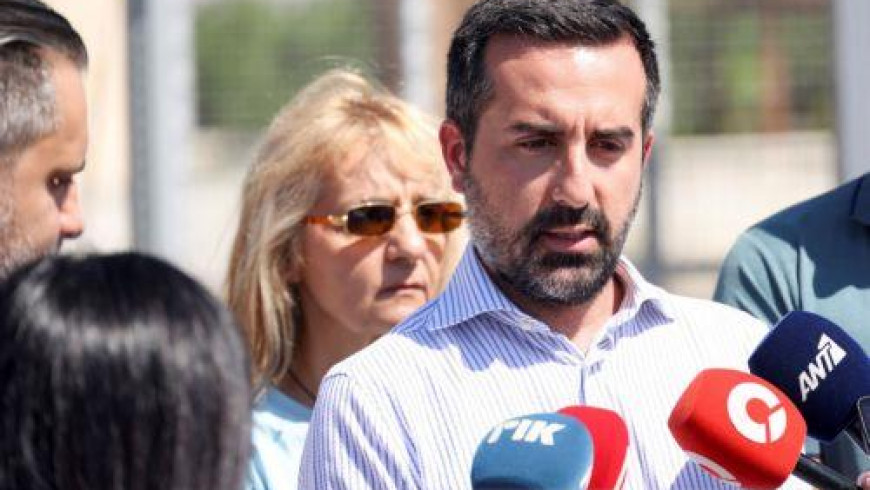





 3287.99
3287.99 1275.09
1275.09
